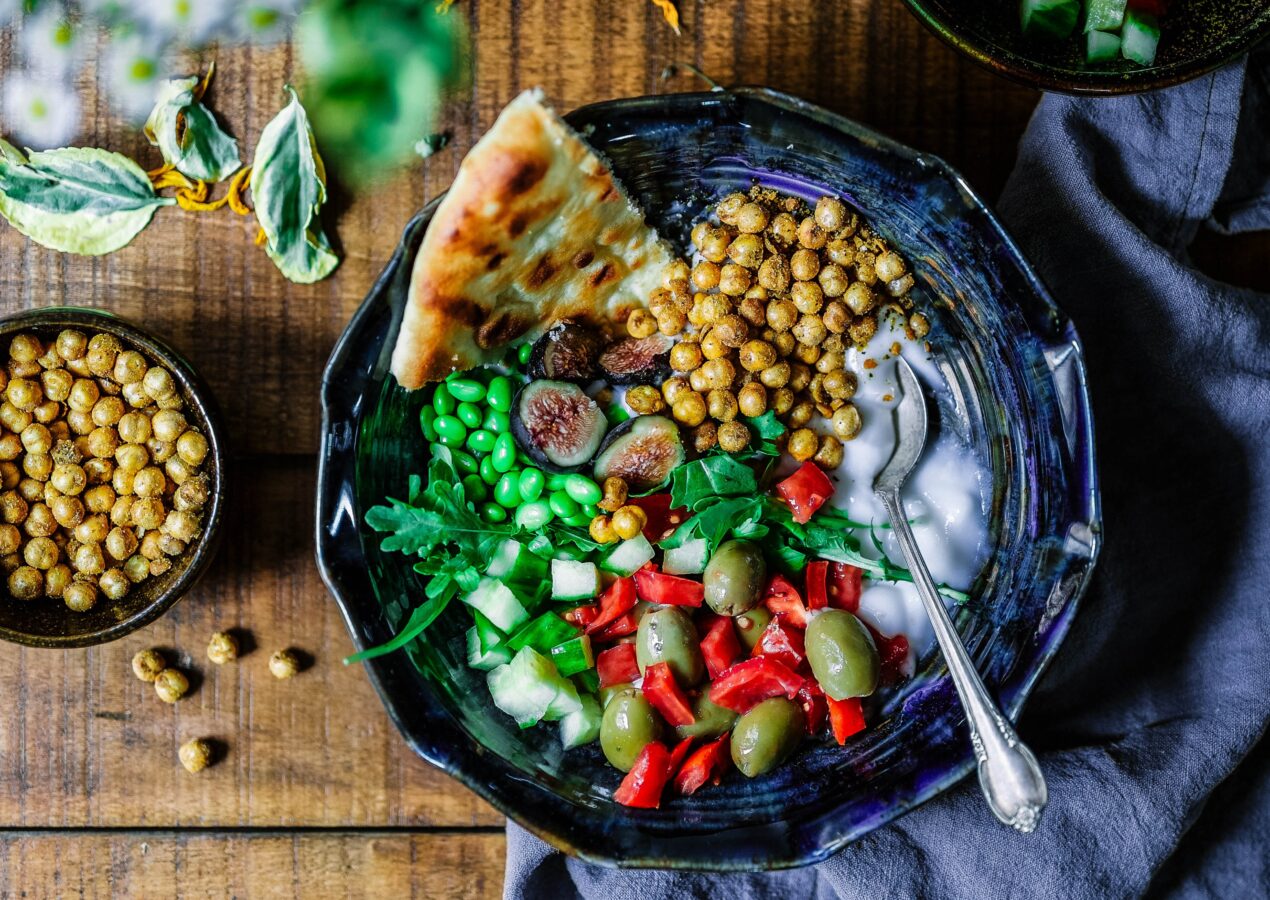The best way to have a healthy postpartum season is by planning ahead. When you know what possible complications can arise, then you know what symptoms to look for. The same is for nutrition. When you know the common nutrients that can be lacking in postpartum bodies, then you know which ones to focus on and add to your meals.
So why do postpartum women suffer from lack of nutrients? Well the answer is, they just had a baby! The process of pregnancy and birth is a very significant event in a woman’s life. What her body goes through is nothing short of a miracle. Growing a human isn’t easy. And physically the changes are immeasurable. If we just focus on the digestive system alone we see that those organs are shifted up and out of the way to make room for baby. Also the hormones progesterone and estrogen decrease right after birth, leading to a slower digestive system amongst other things. There are many common gastrointestinal issues that can arise after birth of a baby including bloating, gas and constipation.
The lack of knowledge and focus on nutrition for mothers after birth is astounding. An example is hospitals serving burgers and pizza as first meals for weakened moms bodies and their digestive systems There are virtually no guidelines given for nutrition in postpartum. Healing correctly should always involve healthy meals and rest. But in our modern society those are two areas lacking across the board.
During postpartum, moms can lack some of the same nutrients as during pregnancy. This is why is it recommended to keep taking pre-natal vitamins. The work your body goes through in giving birth plus breastfeeding can easily strip the body of nutrition and energy. It is recommended to eat an additional 400 calories if you are breastfeeding for this reason.
Poor nutrition in postpartum can also lead to stress and anxiety and postpartum depression. This can affect overall health of mom, others around her and her baby too.
The key nutrients that are needed in postpartum are:
Zinc: Plant based sources include whole grains tofu, pepitas (pumpkin seeds), beans and lentils. Zinc helps with hair loss, skin and nail health, appetite, vision, wound healing, and immunity.
Calcium: This is needed to protect bone density. Plant sources of calcium include fortified plant milks, leafy greens like kale and spinach, chickpeas, and tofu.
Vitamin D: This is needed for energy and bone health. The most common way to get Vitamin D is through sunlight which is absorbed through our skin and converted for usage by our bodies. If you cannot get enough sunlight then supplementing through vitamins and/or eating fortified foods.
B 12: This vitamin is made from algae and bacteria. It is easiest to increase your intake by supplementation. This vitamin helps with energy and anemia, faintness, constipation, diarrhea, gas, and nerve tingling in extremities.
Iron: Foods to eat include spinach, beans and lentils, avocado, dates, whole grains like oatmeal, quinoa. Iron helps with fatigue, anemia, low energy, dizziness, and headaches.
Magnesium: . This is needed for hormone balancing, mood disorders, muscle spasms, and low energy. You can find good food sources from avocado, nuts/seeds like almonds, pumpkin seeds, cashews, spinach, kiwi, cantaloupe and grapefruit.
Copper: Good sources come from whole grains, nuts/seeds, lentils, beans. Copper helps with thyroid health, anemia and bone health.
As said above, getting the key nutrients in your body during postpartum will take planning ahead. One good tip is to have family prepare food or have a list of foods ahead of time that can be prepared, frozen, or delivered for ease of the busy postpartum season with a newborn. Don’t neglect your health as you try to care for your little one. Plan not just for your baby but for your well being as well!
